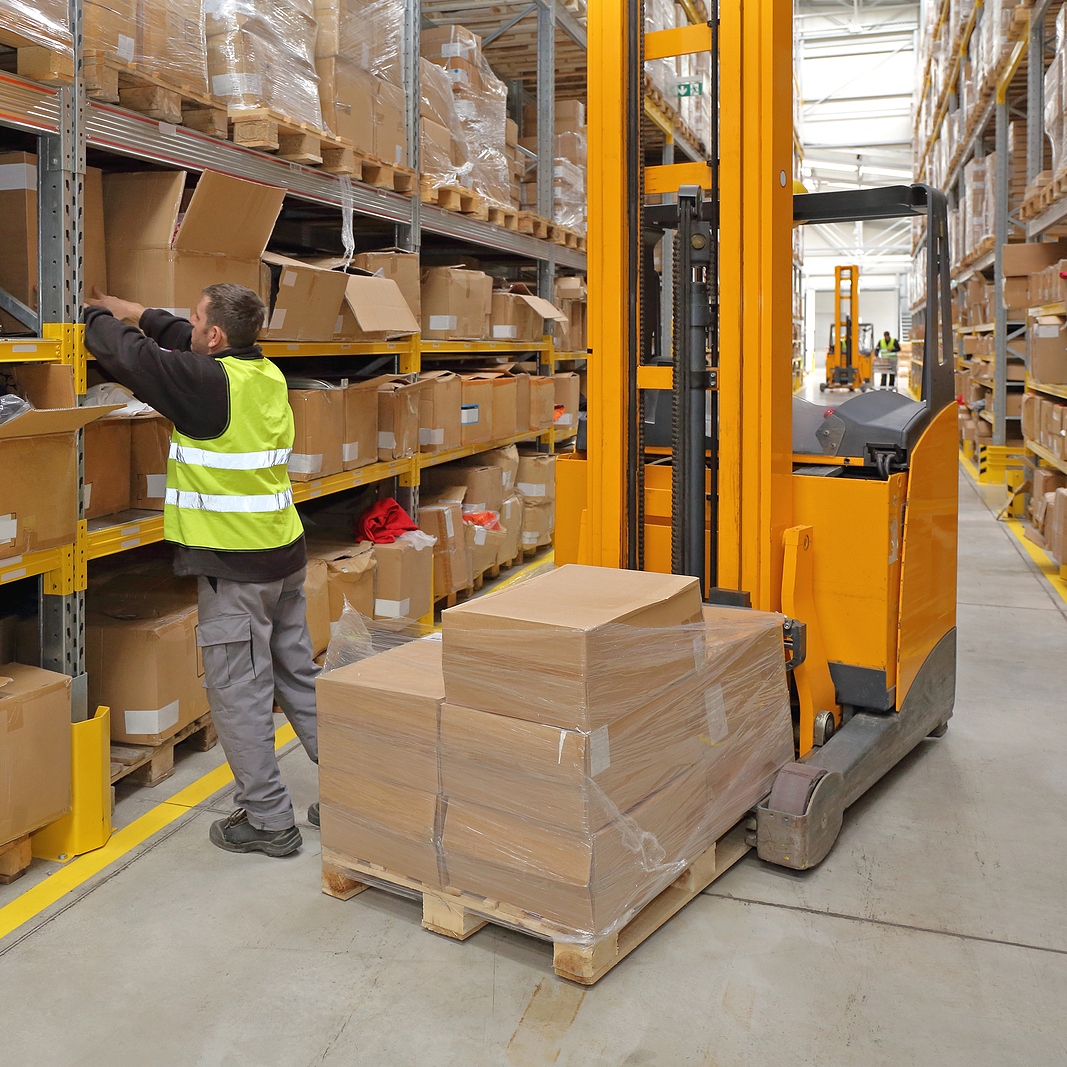Deciding whether to manage order fulfillment in-house or to partner with third-party logistics can be a pivotal choice for your e-commerce business. The challenge lies in assessing the potential benefits against the cost and control implications. As your business grows, the task of packing, shipping, and handling returns can become increasingly complex, diverting energy from core business activities. A third-party logistics provider, or 3PL, aims to alleviate these burdens by offering specialized 3PL fulfillment services.
Weighing the pros and cons of 3PL involvement comes down to several factors, including your business size, order volume, and scalability needs. While these services often come with a price tag, the advantages of freeing up time, potentially reducing shipping costs, and gaining access to technology and logistics expertise can outweigh the costs for many e-commerce operations.
Evaluating Third-Party Fulfillment for Your Business
When considering incorporating third-party logistics into your e-commerce strategy, it's essential to thoroughly assess the pros and cons to determine if a fulfillment partnership aligns with your company's goals and customer expectations.
Understanding Third-Party Fulfillment
Third-party fulfillment refers to the outsourcing of your e-commerce business's storage, packing, and shipping processes to a specialized fulfillment service. This approach enables you to leverage the infrastructure and expertise of experienced logistics providers. You essentially entrust the logistical aspects of order fulfillment to a partner, freeing up your focus for other business growth areas.
Advantages of Third-Party Fulfillment
The benefits of opting for third-party fulfillment are manifold. Firstly, you can avoid the heavy investments associated with setting up and managing warehouses, which includes the costs of inventory systems and hiring staff. Your fulfillment partner takes care of these logistics intricacies, often providing scalable solutions that adjust to your business's ebb and flow. Moreover, with their established networks, 3PLs often achieve faster delivery times, potentially increasing customer satisfaction and retention.
Challenges and Considerations
Equally important are the challenges to keep in mind. One major consideration is maintaining quality control; as you won't handle products directly, it's crucial to ensure your partner's service level matches your standards. Additionally, there can be less flexibility in customizing the fulfillment process, which might not align with unique brand experiences. The costs, while potentially less than in-house operations, still need to be balanced against the service value provided.
Implementing and Optimizing Fulfillment Strategy
When expanding your e-commerce business, choosing the right fulfillment strategy is a critical step that directly impacts customer satisfaction and operational costs. This requires a comprehensive approach that involves selecting an appropriate fulfillment partner, maximizing efficiency, and ensuring the scalability to accommodate business growth.
Choosing the Right Fulfillment Partner
Identifying a fulfillment partner that aligns with your business needs is paramount. Consider factors like their expertise in e-commerce fulfillment, shipping capabilities, and the technology they use for inventory management and automation. A partner with a network of fulfillment centers can reduce shipping times and costs, increasing customer satisfaction.
Maximizing Fulfillment Efficiency
Once a fulfillment partner is in place, focus on streamlining operations to maximize efficiency. Leverage automation in order processing and integrate your e-commerce platform with the fulfillment services. This can significantly lower operational costs and improve accuracy in logistics. Regular analysis of data and feedback can help in fine-tuning this process continuously.
Scaling Your Fulfillment with Business Growth
As your e-commerce business expands, scalability becomes crucial. Your chosen 3PL provider should be able to support an increase in order volume without compromising service quality. Engaging fulfillment services that can effortlessly manage spikes in demand will ensure that your customers continue to receive reliable service, fostering positive reviews and business continuity.
Conclusion
Key Takeaways
- Third-party logistics can streamline fulfillment processes.
- Assess the cost-benefit ratio for your specific business needs.
- Scalability and focus on core activities are major considerations.
Deciding on whether to adopt third-party fulfillment for your e-commerce business hinges on understanding your operational needs and growth ambitions. It offers the potential for cost savings and allows you to focus on core business areas like product development and customer service. However, it's crucial to evaluate the trade-offs, such as less control over inventory management. Make an informed decision based on a balance of these strategic considerations.
